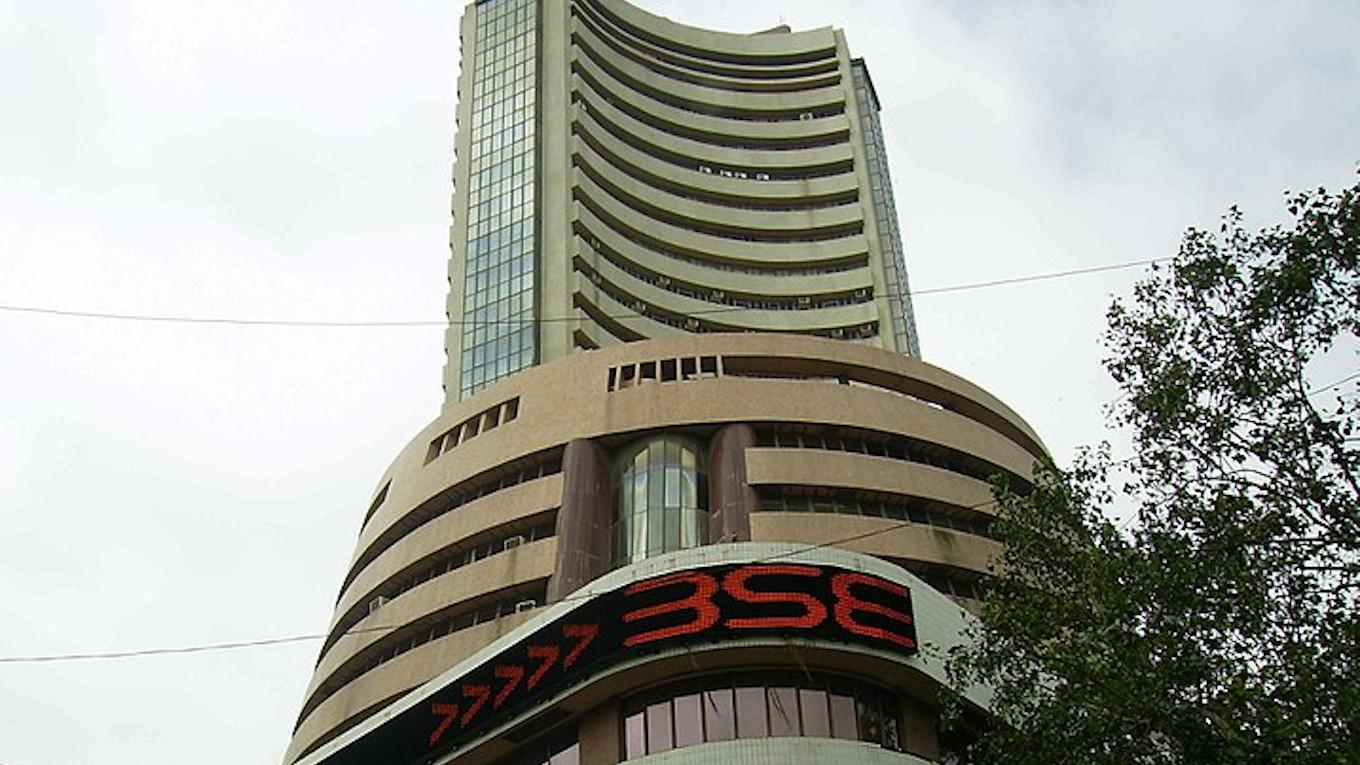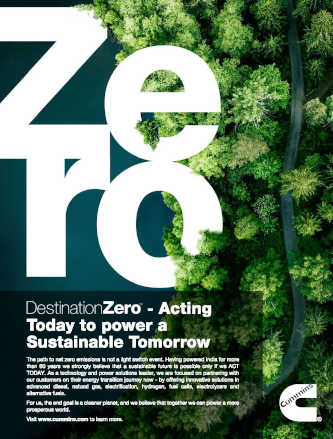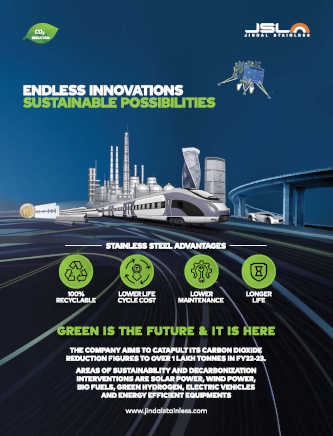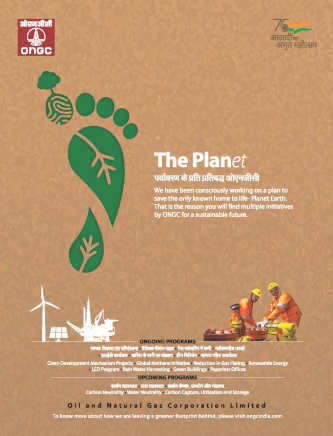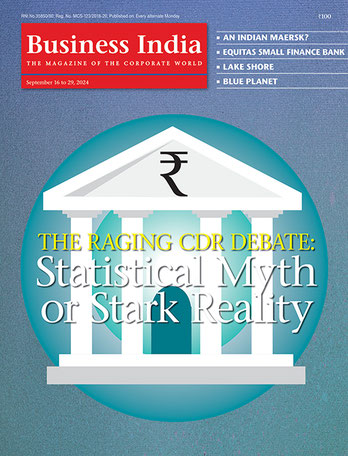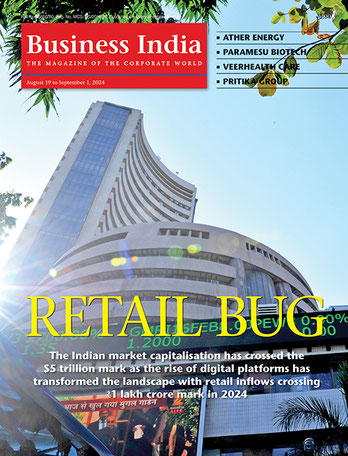
Sustainability in a general sense can be seen as meeting the needs of the present without compromising the ability of future generations to meet their own needs. Environmentalists have long warned that our current patterns of economic growth and resource consumption so severely threaten the earth’s carrying capacity that an ecological collapse is likely, if not inevitable. Sustainable development requires a co-ordinated approach that aligns environment, social and economic objectives, duly supported by a strong governance structure. This has been very clearly established in the Sustainable Development Goals (SDGs) of the UN, which, in one way or the other, connects to the environment, social and economic objectives. And it is the need for an alignment on these objectives that has become the overarching challenge facing economies globally. Sustainability initiatives will increasingly serve to help protect companies’ business to operate, save costs, recruit and retain talent, drive innovation and open up new markets. By actively addressing sustainability issues, companies will better manage their risks and drive long-term growth. From the perspective of listed companies, sustainability has become a critical success factor to ensure long-term value creation. There has been a growing demand among investors for enhanced transparency on listed companies’ environmental, social and governance (ESG) practices. There is a growing awareness that our global economy is environmentally unsustainable. Climate change presents serious global risks, and it demands an urgent global response. Ignoring climate change will severely impact economic growth. Markets are starting to take this threat seriously, allocating capital to sustainable investments that will outperform in the long run. BSE and sustainability: BSE, as the leading stock exchange of India, is taking various initiatives in the domain of sustainability and encouraging responsible investment. BSE has launched theme-based indices like S&P BSE Carbonex, S&P BSE Greenex and S&P BSE ESG Index. BSE was the first stock exchange from Asia to join the ‘sustainable stock exchange initiative’, which is a partnership programme of the UN Conference on Trading and Development (UNCTAD). It has been observed by BSE that, though sustainability reporting is done by a few leading top corporates, it needs to be percolated to mid-size and small size companies also. The exchange feels that there is a need for capacity building in the area of ESG disclosures for the mid- and small-size companies also. BSE is working with international organisations like ‘global reporting initiative’ (GRI), International Integrated Reporting Council (IIRC), CDP, and domestic organisations, such as FICCI and CII, for stakeholder awareness in the domain of sustainability. BSE is channelising its efforts (where there is maximum stakeholder engagement, leading to maximum stakeholder benefits) by holding workshops. It is also using the transformative power of fair, transparent and efficient markets for all stakeholders to create a sustainable ecosystem in the wake of modern-day concerns of climate change. BSE is using sustainability as one of the criteria to identify the Group A companies, which are the most liquid securities under the equity segment. As on date, the exchange has 5,153 entities listed on the exchange platform. Securities Exchange Board of India (SEBI) has made ‘business responsibility report’ (BRR) filing mandatory for the top 1,000 companies. The BRR has exhibits and areas entailing disclosures related to ESG matters. The exchange has provided a dedicated platform for companies to raise funds using ‘green bonds’, which will help mitigate these requirements. Over a period of time, BSE has been engaging with various stakeholders to understand and work using constructive parameters for green bond. BSE has hosted and been part of ‘The Indian Green Bonds Council’, where the discussions have been about building such indicators, apart from mere merits and demerits of such products. As a stock exchange, BSE does play a vital role in giving a boost to investments in green bonds through various awareness sessions for issuers, investors and other stakeholders of the market, including policymakers and regulators. BSE also encourages sustainable investments in the form of green bond listing and has listed green bonds of leading organisations. What needs to be done: The stock exchanges have a catalyst’s role to play in this regard. There is a good amount of appetite for ESG-related products amongst global institutional investors. The domestic institutional investors (DIIs) should also aspire to consider more detailed and qualitative aspects in the sustainability reporting and the same needs to be considered by them in their analysis of investment decisions. The DIIs should disclose, as part of their assets under management (AUM), the portion of investment done by them based on ESG parameters. It is observed that, while raising funds from overseas markets, foreign investors look for assurance in the form of certification. Getting these certificates from the certification agencies might be considered as an extra cost by the companies and prohibit them from raising green bonds. Even corporates, which have raised funds using green bonds, are yet to get benefit in terms of lower basis points in their yield of green bonds. However, awareness is increasing with each year. For an exchange, it is pertinent to have a common framework that monitors the investments made by insurance, pension funds and mutual funds, mainly focussing on the proportion of investments made on ESG parameters. This will not only help in understanding the value creation of green and sustainable investments but also help in building better and more progressive indicators for ‘green finance’. In India, it has been observed that traditional high net-worth investors from certain communities do not take exposure in securities of companies engaged in the business of leather, meat, tobacco, alcohol etc. These investors, as well as new generation millennium investors, should consider companies following best sustainable business practices. Younger fund managers are studying courses related to ESG investment in their academic curriculum. The BSE Institute has also incorporated ESG framework in its courses of Finance and Capital Market for the students. Effectively, ESG practices are making the companies and instrument management frameworks sustainable and have become important for everyone. Going forward, their importance will go further. BSE will continue to pride in its leadership in the ESG to all companies as well as investors as it has always been.

